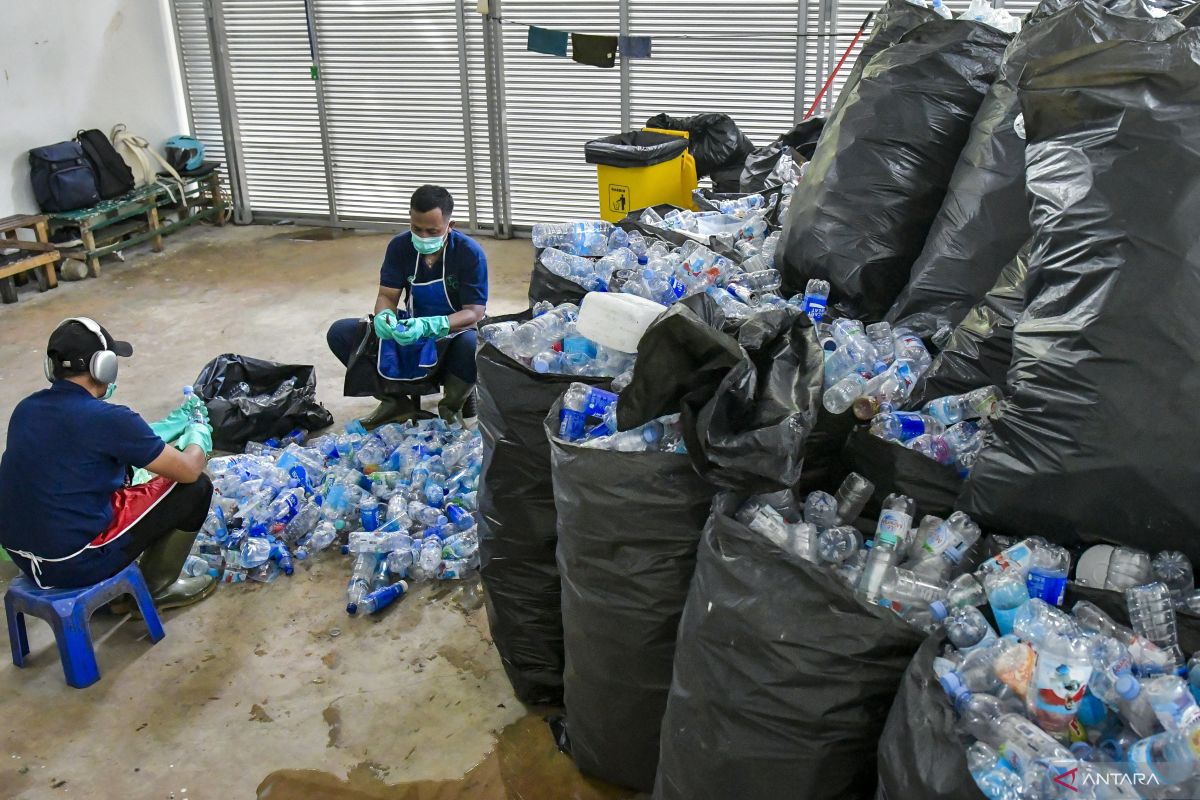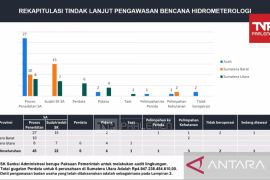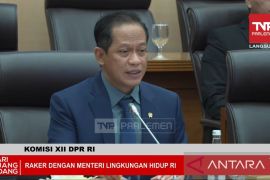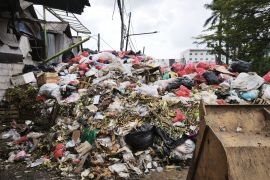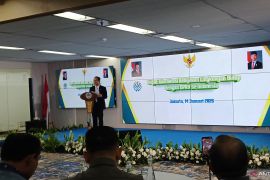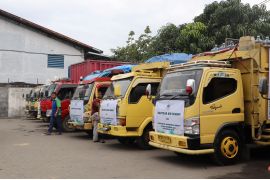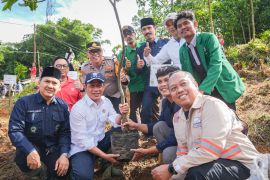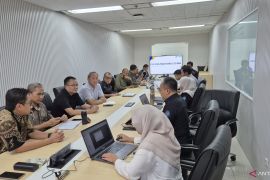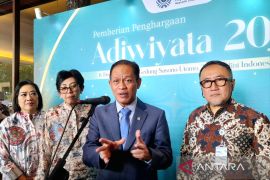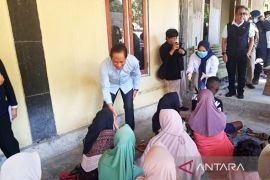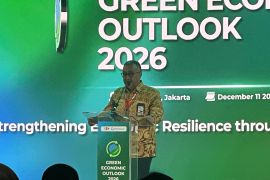Jakarta has the human resources, technology, and the budget to pursue this ambition, an expert staff on natural resources sustainability and sociocultural aspects at the ministry, Noer Adi Wardojo, said in a statement received here on Friday.
“What’s left to do is making everyone support and work together,” Wardjojo said at a seminar on technical guidance on waste management for North Jakarta public facility and infrastructure maintenance staff (PPSU).
The event was a follow-up to Environment Minister Hanif Faisol Nurofiq’s directives, supported by Jakarta province’s Government Regulation Number 77 of 2020 about waste management at the neighborhood level.
Wardjojo highlighted the importance of ensuring waste segregation becomes a national habit, starting from the level of families.
This would be further encouraged by President Prabowo Subianto’s Clean Villages Initiative, which aims to make Indonesia waste-free by 2029, he added.
“Everyday, we manage waste, yet there are still piles of trash. There must be a change coming from the people,” he pointed out.
The technical guidance, he said, underlines important points in waste management processes, starting from waste segregation by families, guided by neighborhood units and relevant apparatus.
It also prescribes the improvement of Environment Office units for better transfer of waste.
Lastly, he said, it pushes for optimizing organic methods, such as composters, maggots, black soldier flies (BSF), and inorganic methods, which involve the use of Refuse Derived Fuel (RDF) and waste bank facilities, for waste management.
He informed that North Jakarta is slated to pilot the national waste management initiative.
Translator: Mecca Yumna Ning Prisie
Editor: Aditya Eko Sigit Wicaksono
Copyright © ANTARA 2025
